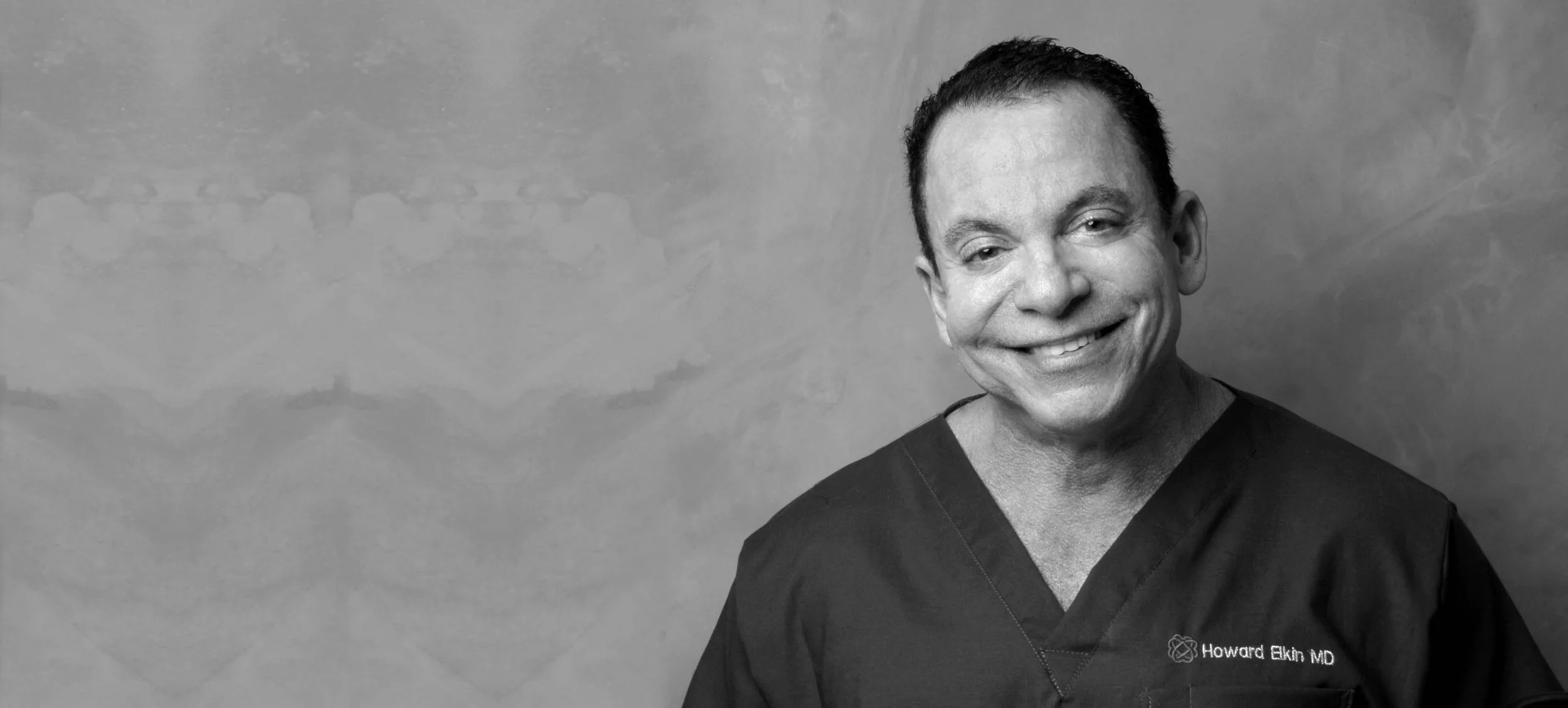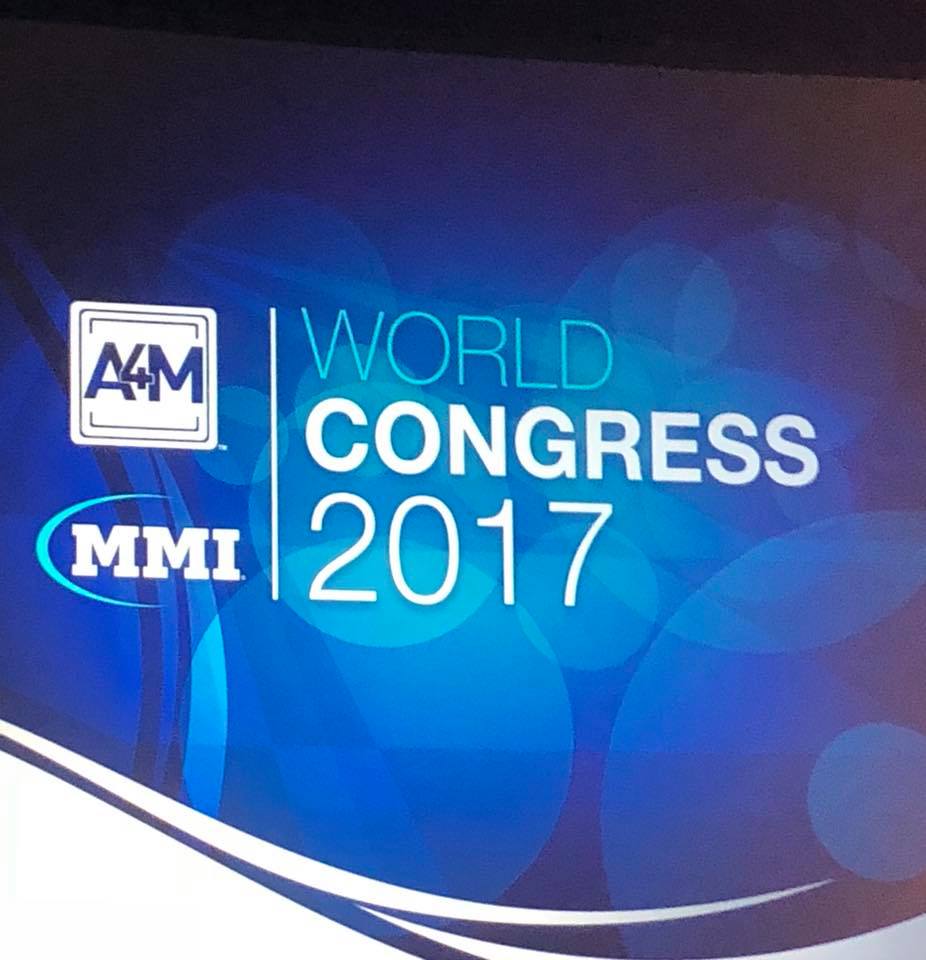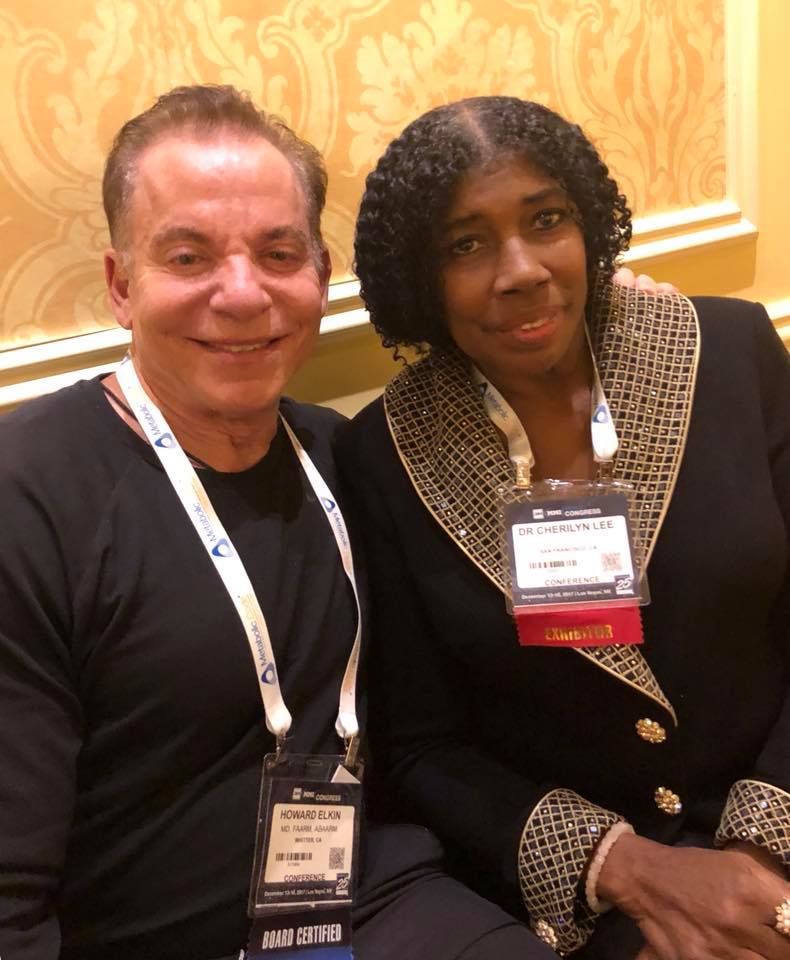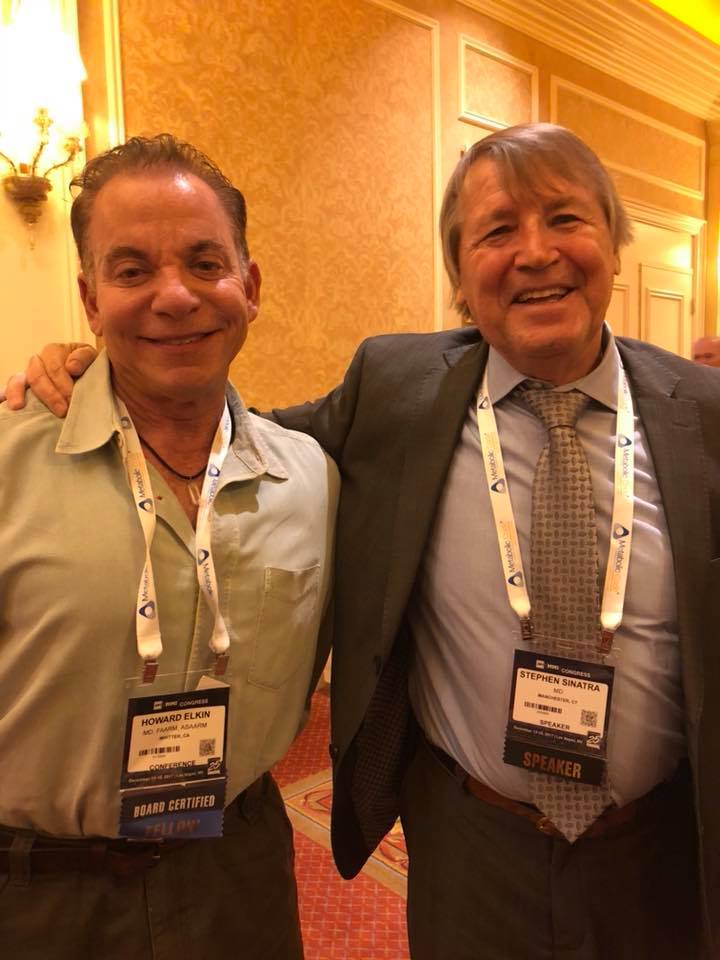In this era of cost containment at the time of the passing of the Senate tax reform bill, the FDA approves Repatha as a stand alone for those with documented coronary heart disease. Repatha is a new class of medications that dramatically decreases LDL cholesterol which I name the "lousy cholesterol " It's a monoclonal antibody injected twice monthly under the skin. One problem is the cost,approximately $12,000 annually for a drug whose long term side effects are unknown.
Don't get bogged down by in the stats! Amgen the company that manufactures the drug sponsored the recent FOURIER study which led to this week's FDA approval. A 15-20% relative risk reduction may sound great,but when you break it down, the absolute risk reduction is more like 2 % ! The number of patients needed to prevent ONE cardiac event is 74 ! (not a home run in my book). It's been estimated that the cost of the drug would have to be slashed by 70% for it to be accessible to those in need.What's the chance that's ever going to happen ?
So this "victory" isn't so great when you break it down. As an integrative cardiologist, I'm all for the latest developments in testing and therapeutics.I have to say this class of meds truly decreases LDL cholesterol dramatically. I've used it is selected high-risk patients and it works ! But who's going to pay for it? Besides, have we truly exhausted lifestyle measures when it comes to heart disease prevention. Cholesterol is but one piece of the pie.
Read Original Article Here: https://www.medpagetoday.com/cardiology/prevention/69627












